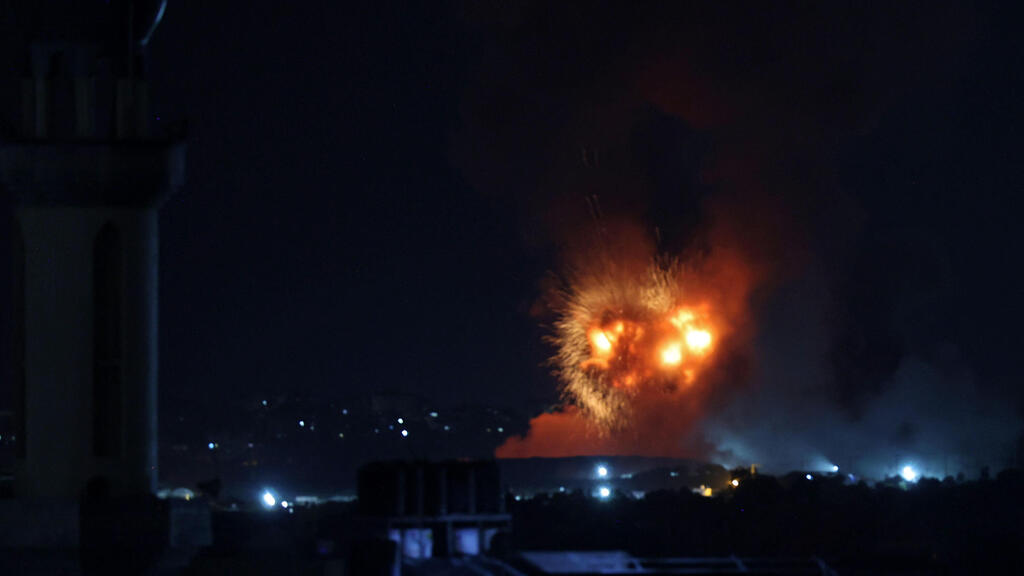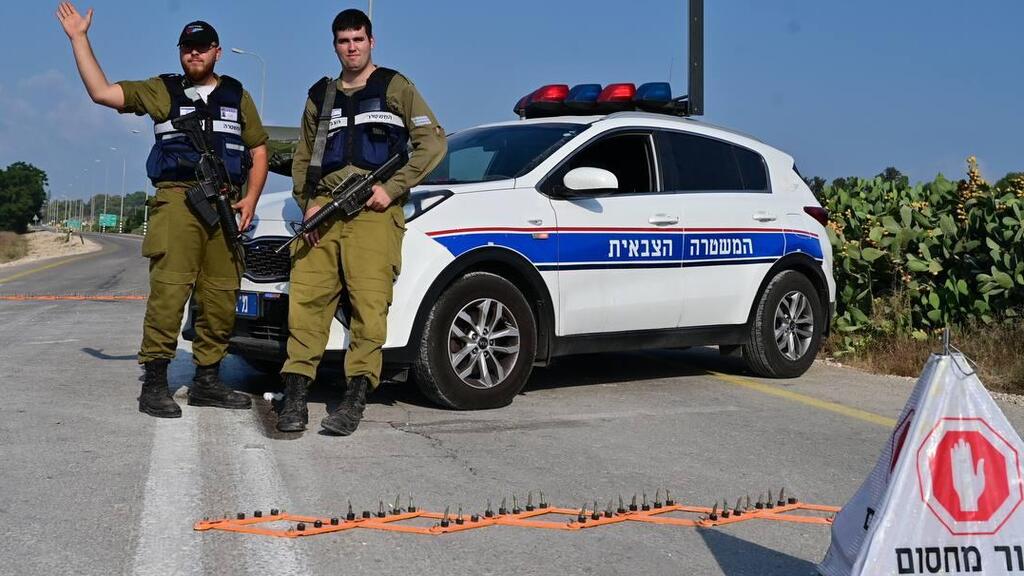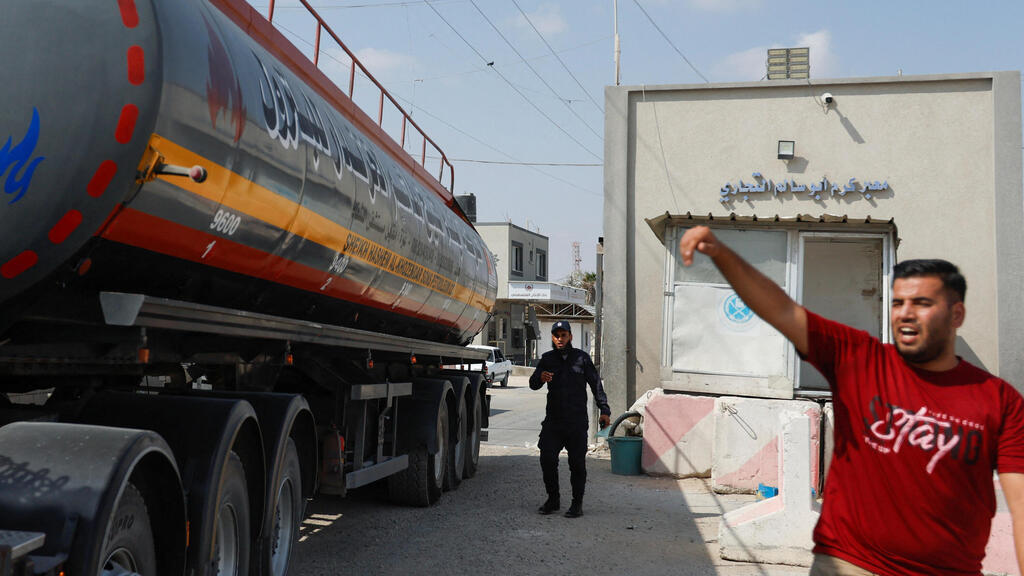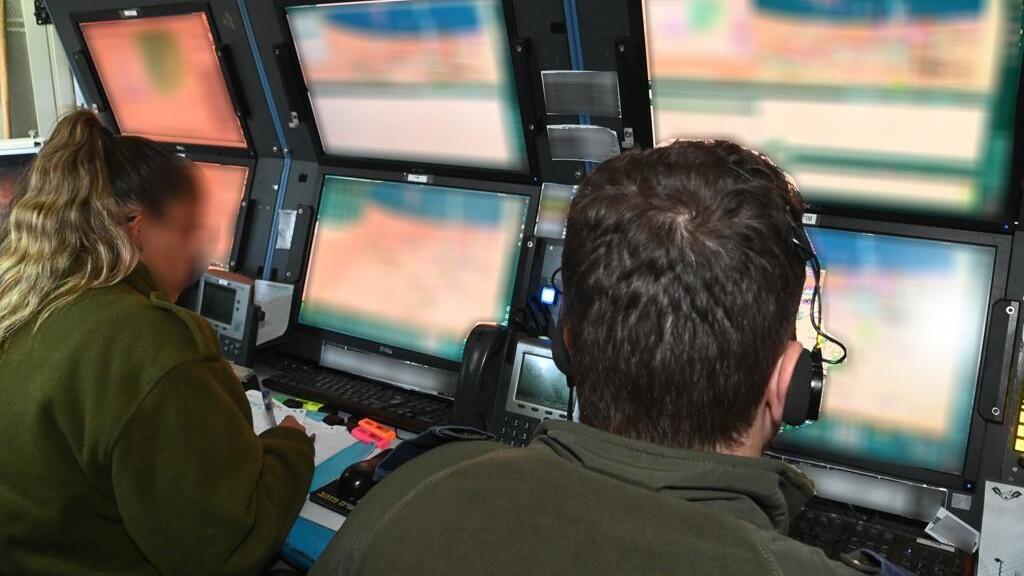Getting your Trinity Audio player ready...
Security precautions imposed in recent days on residents of southern Israel in the wake of the military operation against the Islamic Jihad in Gaza, were lifted Monday, the military said.
A fragile ceasefire deal to end nearly three days of fighting between Israel and Palestinian militants in Gaza came into effect on Sunday night. Since Friday, Israeli aircraft had pummeled targets in Gaza while the Iran-backed terror group fired over 1,000 of rockets at Israel.
The Coordinator of Government Operations in the Territories (COGAT) said it was partially reopening crossings into Gaza for humanitarian needs and would fully open them if calm was maintained. Fuel trucks were seen entering a cargo crossing for the first time since crossings were closed last week, prompting a fuel shortage that ground Gaza's lone power plant to a halt on Saturday. The plant was set to resume full operations later Monday.
Life for hundreds of thousands of Israelis was disrupted during the violence as well. Israel's security officials conducted a situation assessment, following which it was decided to reopen the roads leading to the Gaza Strip.
The trains will return to regular schedule later on Monday well, after Israel Railways personnel finish clearing the tracks of rocket shrapnel.
A UN delegation entered the Gaza Strip on Monday morning to ensure that the ceasefire is implemented and maintained.
IDF Spokesperson Ran Kochav took pride in the operation's accomplishments and applauded the public for adhering to the Home Front Command instructions, yet also said that the forces remain alert.
"The population's commendable conduct throughout the offensive, and the success of the [Iron Dome] missile defense resulted in zero casualties on the Israeli side," he said.
4 View gallery


IDF strike in Gaza minutes before the ceasefire came into effect on Sunday
(Photo: AFP)
Kochav also said more Palestinians died from errant rockets fired by Islamic Jihad than from IDF fire, but said the military would probe the reported deaths of uninvolved civilians, including children.
"We targeted an operative responsible for firing anti-tank missiles and there were explosives nearby. As a result of the secondary explosion, a 20-year-old man who was a few hundred yards away, was killed." Kochav said.
"According to the information available to us, there were 35 Palestinians killed in the offensive, 11 of them were uninvolved civilian casualties, including the wives of the terror group's commanders in the south, that is the least amount of casualties we've had compared to previous rounds of fighting," Kochav said. "Another 15 civilians were killed by PIJ fire," he said.
Kochav would not comment on reports that one of Islamic Jihad's condition for ceasefire was the demand that its senior operative, Bassem al Saadi, who was arrested last week in Jenin, be released. He said, however, that if the truce in maintained, workers from the Strip will be allowed to enter Israel and necessary supplies will be cleared to enter the besieged enclave.
Throughout the Operation Breaking Dawn, the Iron Dome intercepted 380 missiles, and its performance showed a 96% success rate. Despite the hundreds of rockets, no Israeli lives were lost in the operation.
More so, the IDF attacked 170 targets of the Islamic Jihad, including a tunnel, military guard posts, launching posts, and weapon warehouses.
According to the Palestinian Health Ministry, a total of 36 deaths, amongst them 11 children and four women, were recorded as of last night at 7pm. These numbers include deaths caused from errant Palestinian fire.
Associated Press contributed to this report




